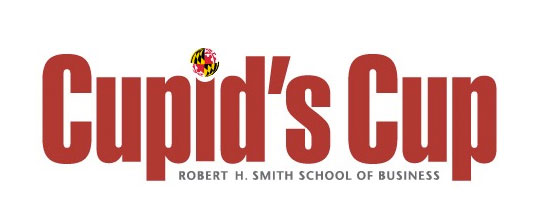Cash efficiency may be the forgotten stepchild of measuring early stage startup effectiveness.
People often talk about go-to-market strategies, product effectiveness or even quality of the team as key indicators of startup success. And while these are really important, for my money, cash efficiency does more to demonstrate a founder’s ability to be successful than all of the other key attributes. When a founder shows that they can discern what to spend money on, when to spend it and how to maximize its effectiveness, they are showing a higher level of understanding of their market opportunity. Cash efficiency is the core indicator that a founder understands what she or he is trying to accomplish.
To highlight how cash efficiency plays into the indicators, let me tell you a true story from an unnamed portfolio company (Startup X).
A few years ago, Founder/CEO of Startup X at the first board meeting after closing an A Round of funding, tells the board that he had purchased an $1,800 in-office, portable defibrillator. He goes on to explain that he thought it was absolutely necessary for any office setting.
While I applauded the founder’s interest in having an extremely safe working environment, I questioned his understanding of managing the business. In his one act, he sent three key messages:
- By bringing this topic up at a board meeting, he demonstrated he didn’t understand how to manage a board of startup investors. He wasn’t managing the situation, he was thinking his board was just a group of friends.
- While an $1,800 expenditure seemed small to him, it shouldn’t have. $1,800 was equal to a half month’s salary for one his new customer support staffers. It was a marketing test to further prove the model.
- By making a poor choice on this expenditure it brought up other management questions. I believe the defibrillator was a harbinger of other things because that founder was out of the day-to-day operations of the company within six months.
While cash efficiency wasn’t the only issue for the founder, it really was a great indicator of management decisions.
At the early stages of a startup, everything is about proof. Prove that you have a solution people want, prove that you can build a team, prove that you can adopt/adapt to the ever-changing marketplace.
All of that proving takes time, and time in the startup world is always measured in cash available. The founder that can minimize waste in his cash burn is a founder I want to bet on.







